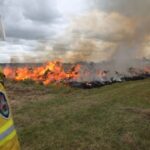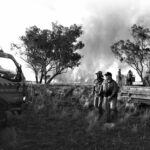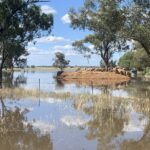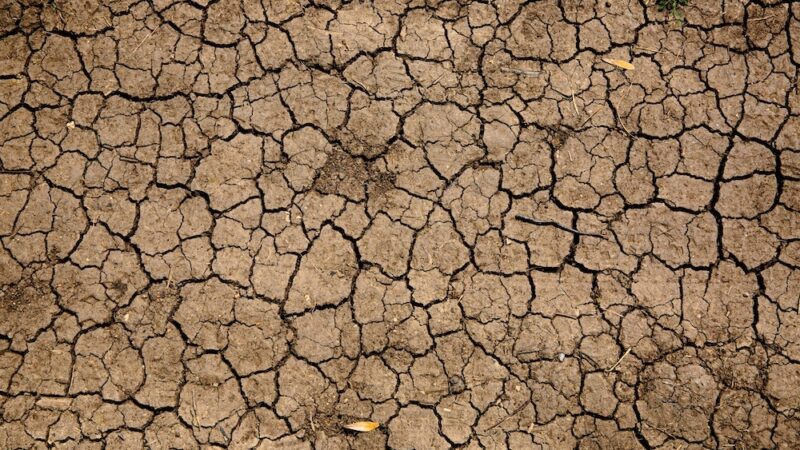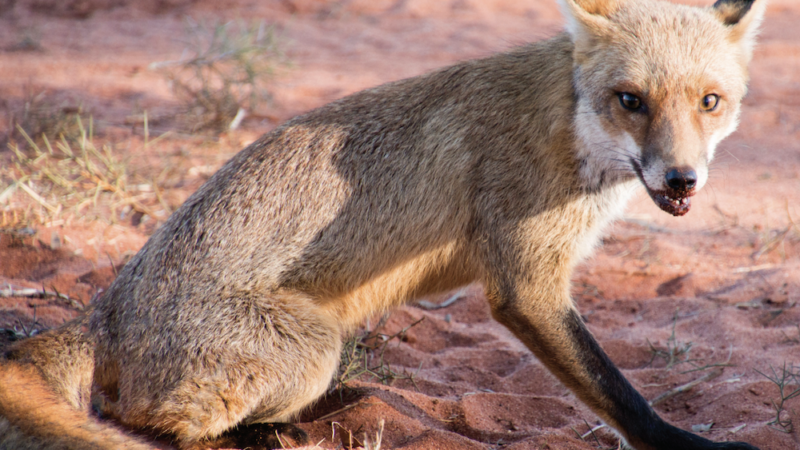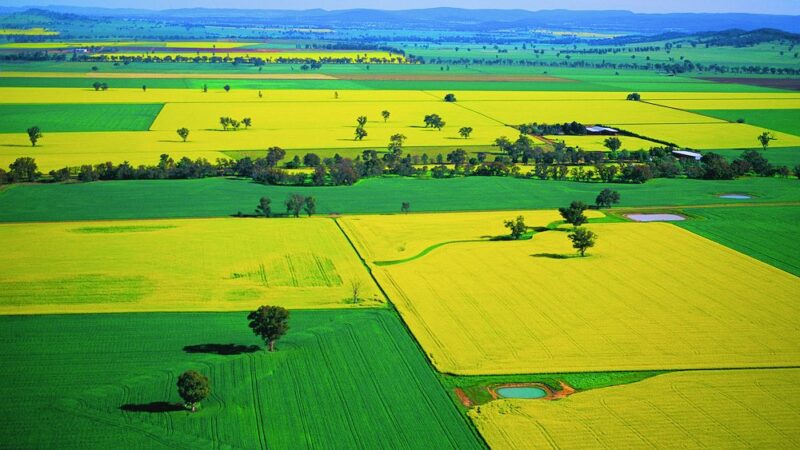Livestock are enjoying a pasture bounty on farms across NSW after consecutive wet years, but…
Red Imported Fire Ant risk is now very real
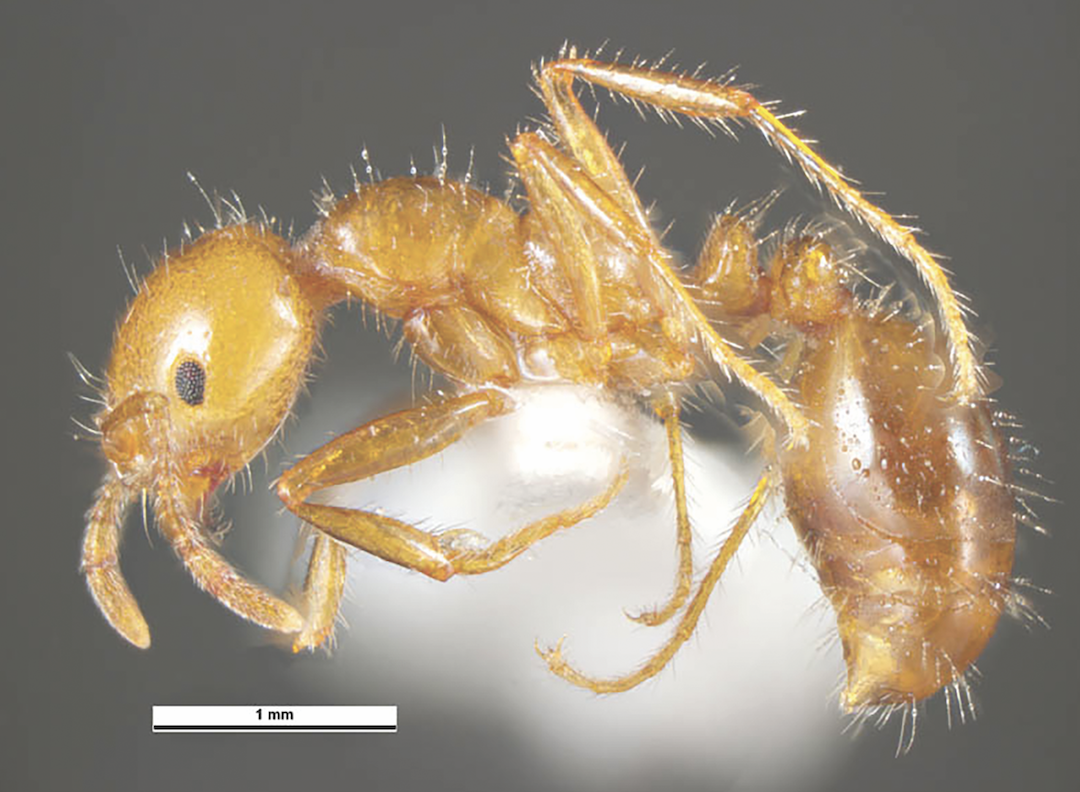
Red Imported Fire Ants (RIFA) have recently been found five kilometres from the Queensland/NSW border, triggering the NSW Government to commit $95 million, over the next four years, towards protecting NSW from RIFA.
This South American pest is one of the most notorious ants in the world, due to the extensive damage it causes to ecological and agricultural systems.
While Queenslanders have been battling this fiery foe for decades, the six-legged threat is now on the move and forcing those south of the border to prepare for the worst.
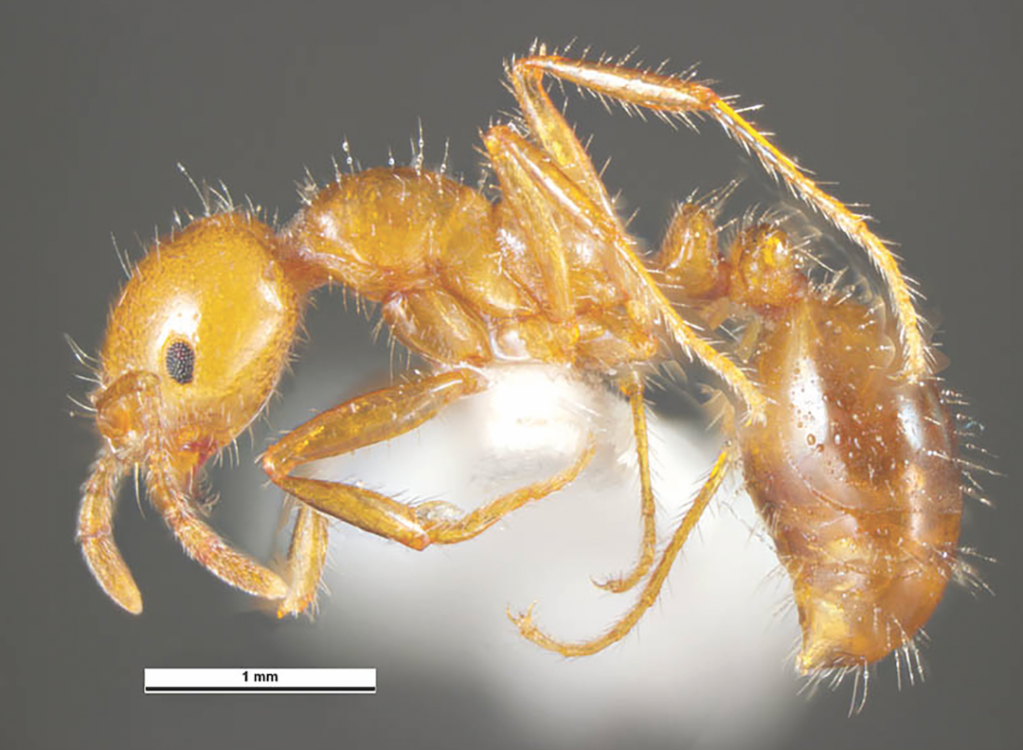
These ants are known to attack as a swarm, stinging people and animals aggressively and repetitively; their sting causes the painful sensation of being on fire, and also brings the danger of allergic reaction and even anaphylactic shock. Infestations also restrict the use of farm equipment and irrigation infrastructure.
The proximity of the fire ants to the NSW border now represents the highest biosecurity risk to to the state. As a result, the NSW Government has partnered with and helped to fund the National RIFA Eradication Program.
However, Bill Newcomen, Chair of the NSW Farmers Garah/Weemelah branch, and a broadacre cropper based between Moree and Mungindi, is worried that more needs to be done on the ground to prevent the spread.
�We�re six hours from the infestation locations, but our concern is that there doesn�t seem to be any co-ordination at the border crossings monitoring RIFA,� says Bill.
�A lot of farmers in our region run stock so, if fodder is being brought in from the declared RIFA area, there doesn�t seem to be any biosecurity controls in place,� he points out.
According to the NSW DPI, RIFA are regulated as prohibited matter under the NSW Biosecurity Act 2015. The DPI advises that the possible movement of RIFA in hay or straw bales, turf, agricultural and earthmoving equipment and organic mulch is regulated under the NSW Biosecurity (Invasive Ant Carriers) Control Order 2023.
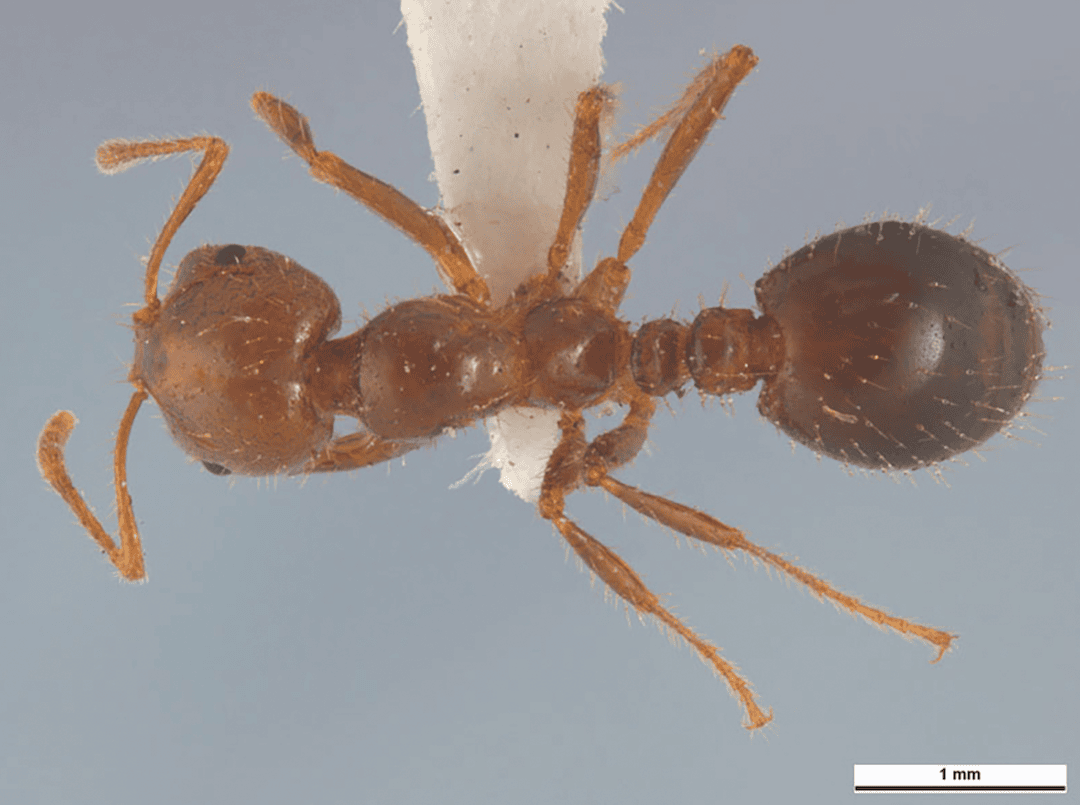
Under the 2015 Act, the following conditions apply to anyone moving these materials and products into NSW from fire ant-infested areas in Queensland.
To move hay into NSW that has been sourced or packed in fire ant-infested areas in Queensland, it must be accompanied by a Plant Health Certificate that certifies it has been:
� treated with a chemical approved for the control of fire ants;
� handled and stored in a way that prevents infestation by fire ants immediately after treatment and until it arrives in NSW;
� inspected and found to be dry and free of all soil.
To move agricultural and earthmoving equipment into NSW from a known fire ant-infested area in Queensland it must be accompanied by a Plant Health Certificate that certifies it has been:
� inspected and found to be free from fire ants, soil and other materials such as hay, straw, turf or mulch 48 hours prior
to dispatch.
Plant Health Certificates are issued by inspectors from the Queensland Government to applicants wanting to move fire ant-prone materials into NSW from Queensland.
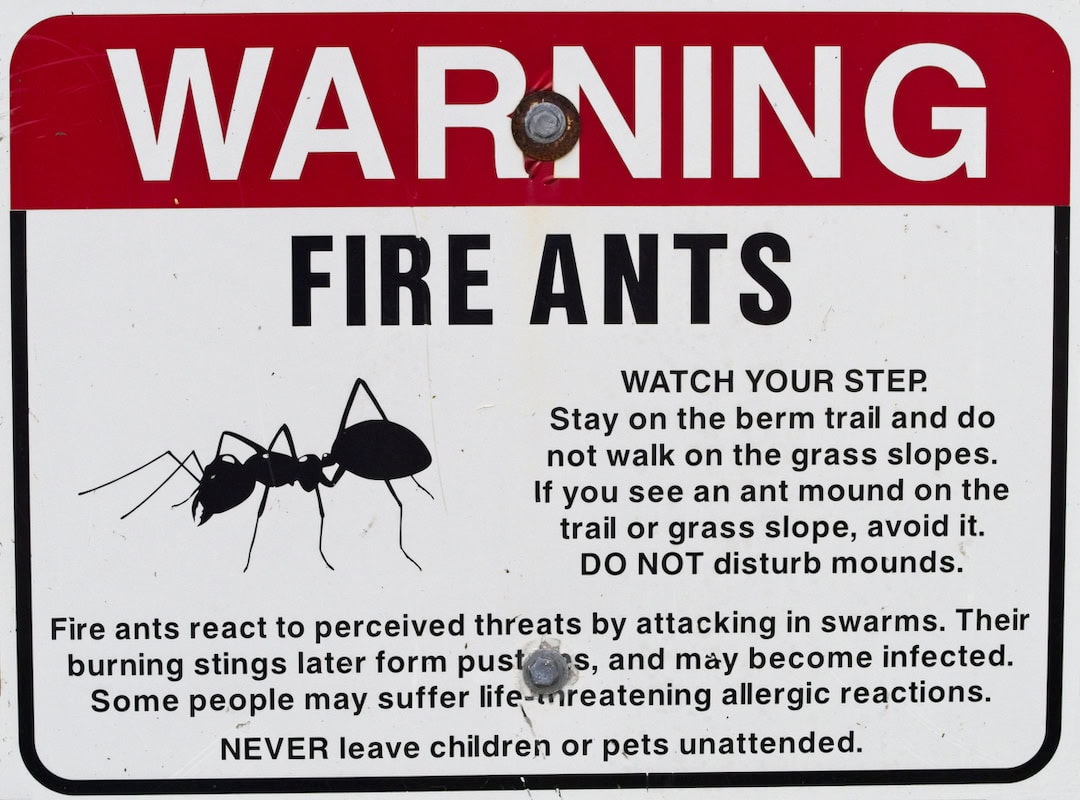
Whilst these measures are in place there have been widespread calls from industry groups to bolster compliance and increase awareness around how to identify nests or infestations in order to curb the escalation.
The upcoming grain harvest may exacerbate the situation, with machinery and trucks moving long distances across state borders and farmers are justifiably distressed.
�We need to ensure protocols are implemented and enforced, and that the States can work together,� says Bill. �We�ve already experienced the joy of living on the border during COVID where there were different rules for different residents facing the same problem.�
National RIFA Eradication Program General Manager Graeme Dudgeon has been quoted in media coverage recently that he expected RIFA would get into southern states, and was particularly concerned if they made it to grain-growing areas in western NSW and Queensland.
Following on from concerns voiced by members at the NSW Farmers Annual Conference, the Biosecurity Committee are closely following RIFA movements in Queensland, and encourage farmers to familiarise themselves with current control measures and how to identify infestations.
For more information or to report fire ant sightings, members are encouraged to visit dpi.nsw.gov.au/biosecurity/insect-pests/fire-ants or fireants.org.au
To read more about pest control in NSW, click here.


